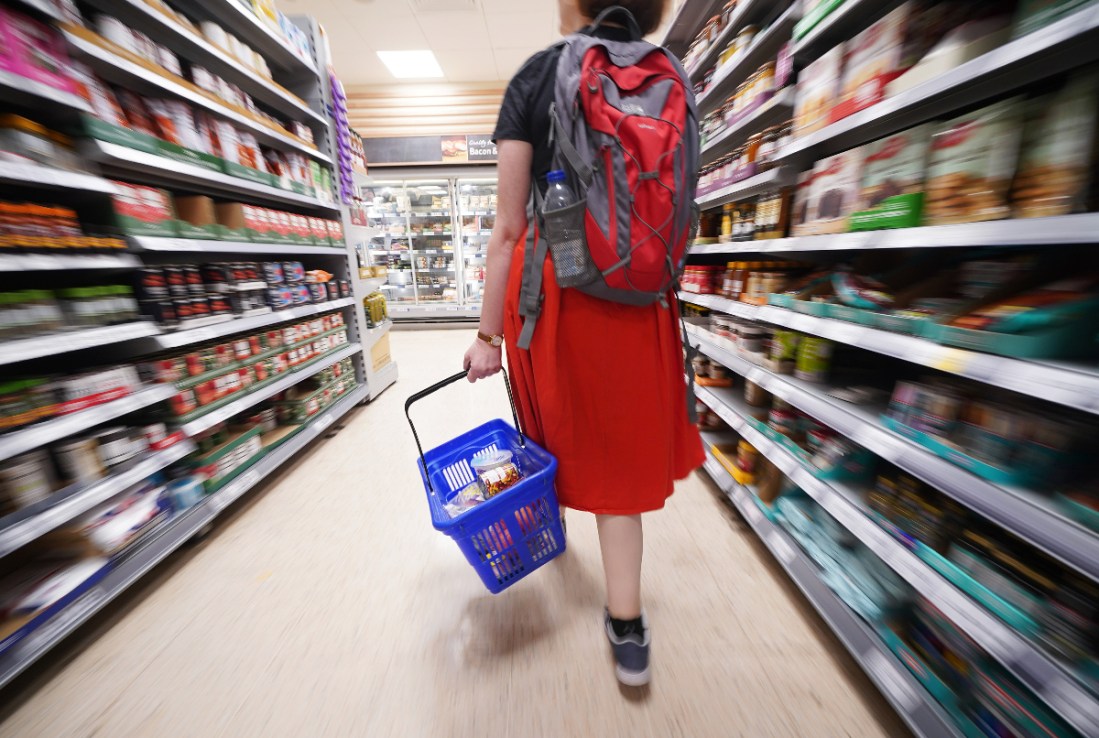‘Not for EU’ food labelling plans already affecting investment in UK manufacturing
Plans to introduce ‘not for EU’ labelling on food products across the whole of the UK is already “having an impact on investment”, one expert has warned.


Plans to introduce ‘not for EU’ labelling on food products across the whole of the UK is already “having an impact on investment”, one expert has warned.
It comes after the Food and Drink Federation (FDF) wrote to cabinet officer minister Steve Baker warning about “our sector’s deep concerns” over the proposals, brought in under post-Brexit rules governing the relationship between Northern Ireland and the trading bloc, as first reported by the Financial Times.
Under the Windsor Framework agreement, since last year meat and dairy products moving from Britain to Northern Ireland must be labelled ‘not for EU’ to prevent them moving into the Republic of Ireland, an EU member country.
But the British government will insist from October 2024 that all meat and dairy goods across the whole UK must carry the labels – with some supermarkets complying even earlier.
Marco Forgione, director general of the Institute of Export & International Trade, told City A.M. that members had warned of “their concerns about the new requirements, which will have cost and potentially sales implications”.
He added: “We are also aware that the proposed changes are already having an impact on investment in the UK’s food manufacturing industry.”
The letter, from FDF chief executive Karen Betts, warned: “Our industry is very concerned about these proposals, which will introduce significant complexity and cost into operations.
She added: “This seems to us to be a very complex regime to impose on British businesses and consumers. These costs, coming at a time when manufacturers are already absorbing input cost inflation, will inevitably feed into higher food and drink prices for consumers across the UK – putting further pressure on hard-pressed households.
“This new labelling regime will make investment in UK food and drink producers much less attractive. We hear of investors already putting plans on pause, and considering investing in companies in the EU instead, from where they can decide about whether it’s worth supplying the UK market at all.”
Forgione added he was “hopeful” the government could consult on a solution to protect both Northern Ireland’s trade and the UK’s “world-leading food and drink industry… so hundreds of thousands of exceptional niche and small food manufacturers continue to thrive”.
A government spokesperson said: “These measures will help ensure that consumers in Northern Ireland have access to the same goods as those in the rest of the United Kingdom, safeguarding the UK internal market and the operation of the Windsor Framework, and preventing the diversion of products.
“We are currently carrying out a consultation seeking stakeholder views and evidence on how best to implement the GB labelling requirements as effectively as possible. This will consider exemptions or additional support, such as for small businesses.”



